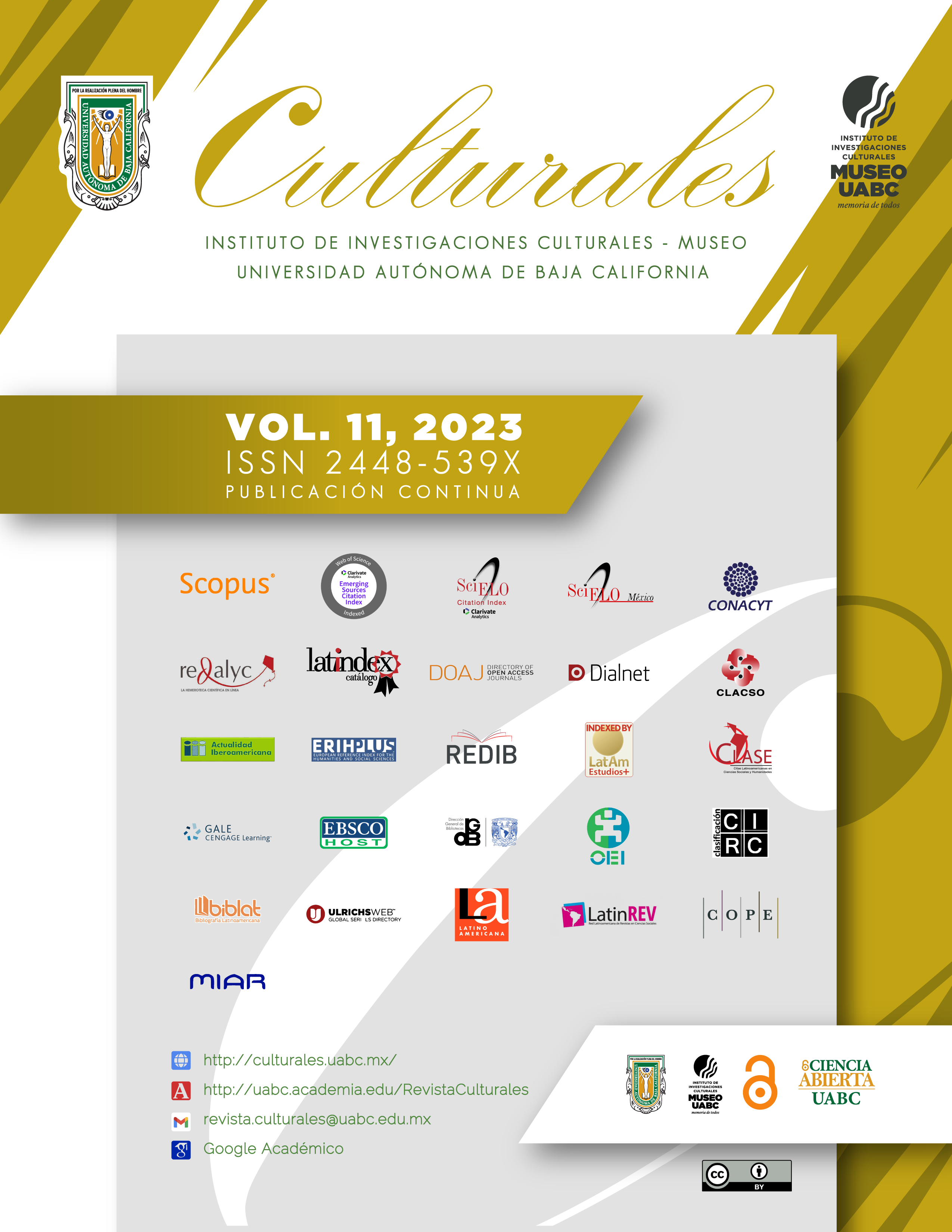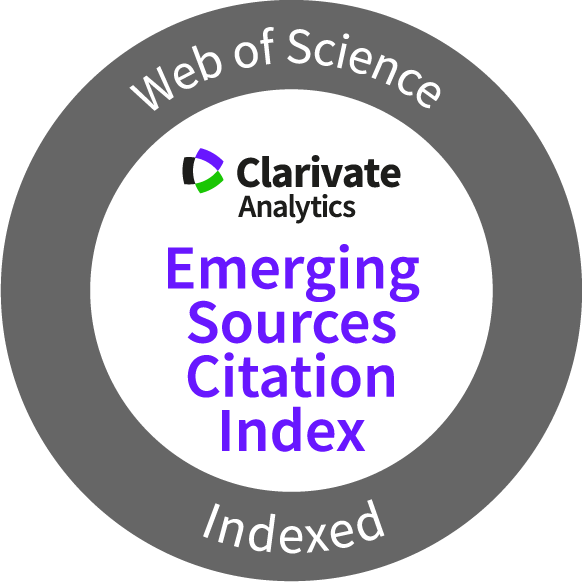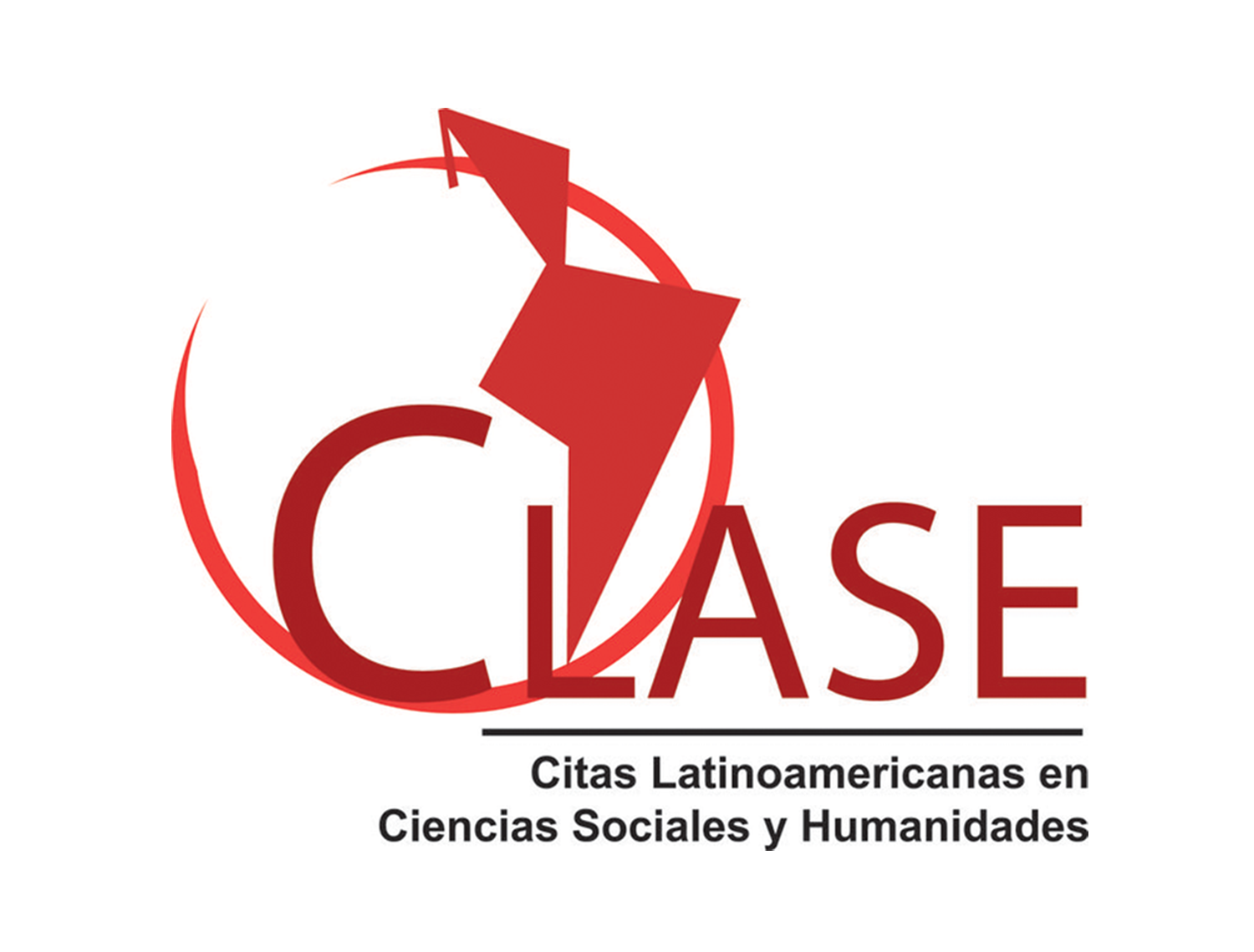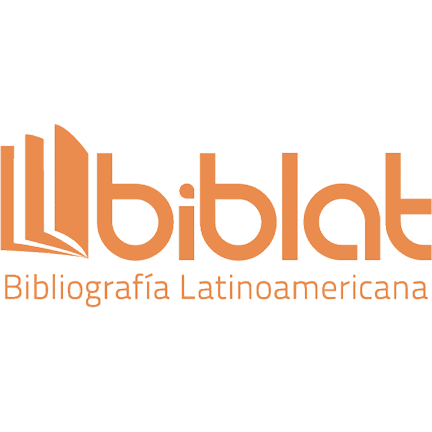Towards veganism. An affect theory approach to vegan trajectories thought life stories
DOI:
https://doi.org/10.22234/recu.20231101.e737Keywords:
Veganism, emotions, catalytic experiences, animals, AhmedAbstract
This paper examines the beginning of vegan life trajectories using Ahmed’s perspective on emotions. We aim to understand how emotions work in the path to veganism. We analyzed biographic interviews, specifically stories about catalytic experiences and moments of contact with animals during childhood. In both kinds of experiences, feelings of fear, disgust and love are intertwined and are driving force behind distancing, drawing closer, identification and alterization processes that shapes the lives and social relations of the participants. We claim that catalytic experiences are entanglements of emotion, cognition and sensation where self awareness and a quest for congruence occur. We also claim that the path to veganism is made of contacts and impressions that leave traces on the bodies and resonate in the trajectories.
Downloads
References
Abrams, L. (2014). Liberating the female self: Epiphanies, conflict and coherence in the life stories of post-war British women. Social History, 39(1), 14-35. https://doi.org/10.1080/03071022.2013.872904
Adams, C. (2010). The Sexual Politics of Meat: A Feminist-Vegetarian Critical Theory. Continum.
Ahmed, S. (2000). Strange Encounters. Embodied others in post-coloniality. Routledge.
Ahmed, S. (2004). Affective Economies, Social Text, 79(22), 117-139. https://doi.org/10.1215/01642472-22-2_79-117
Ahmed, S. (2010a). “Happy Objects”, En M. Gregg and G. Seigworth (Eds.), The affect theory reader (pp. 29-51). Duke University Press. https://doi.org/10.1215/9780822393047-001
Ahmed, S. (2010b). Killing joy: feminism and the History of Happiness. Signs, 35, 571-594. https://doi.org/10.1086/648513
Ahmed, S. (2015). La política cultural de las emociones. Universidad Nacional Autónoma de México.
Beardsworth, A. & Keil, T. (1992). The vegetarian option: Varieties, conversions, motives and careers. The Sociological Review, 40(2), 253-293. https://doi.org/10.1111/j.1467-954X.1992.tb00889.x
Boisseron, B. (2018). Afro Dog: Blackness and the animal question. Columbia.
Cherry, E. (2010). Shifting Symbolic Boundaries: Cultural Strategies of the Animal Rights Movement. Sociological Forum, 25, 450-475. https://doi.org/10.1111/j.1573-7861.2010.01191.x
Cornejo, M.; Mendoza, F. y Rojas, R. (2008). La investigación con relatos de vida: pistas y opciones del diseño metodológico. Psykhe, 17(1), 29-39. https://doi.org/10.4067/S0718-22282008000100004
Denzin, N. (1989). Interpretive Biography. SAGE. https://doi.org/10.4135/9781412984584
Díaz, E. (2012). Perfil del vegano/a activista de liberación animal en España. Reis, 139, 175-188.
Douglas, M. (1995) “Las estructuras de lo culinario”. En J. Contreras (Comp.) Alimentación y Cultura. Necesidades, gustos y costumbres (pp. 171-197). Ediciones Universidad de Barcelona.
Douglas, M. (2007) [1966]. Pureza y Peligro. Un análisis de los conceptos de contaminación y tabú. Nueva Visión.
Fischler, C. (1990). L’(h)omnivore. Odile Jacob.
Giacoman, C.; Alfaro, J.; Aguilera, I. & Torres, R. (2021). Becoming vegan: A study of career and habitus. Social Science Information, 60(4), 560–582. https://doi.org/10.1177/05390184211049933
Giddens, A. (1991). Modernity and Self-identity: Self and Society in the Late Modern Age. Stanford University Press.
Green, B. (2016). ‘I Always Remember That Moment’: Peak Music Experiences as Epiphanies. Sociology, 50(2), 333-348. https://doi.org/10.1177/0038038514565835
Greenebaum, J. (2012). Veganism, Identity and the Quest for Authenticity. Food, Culture & Society, 15(1), 129-144. https://doi.org/10.2752/175174412X13190510222101
Gregg, M. & Seigworth, G. (2010). “An Inventory of Shimmers”. En M. Gregg and G. Seigworth (Eds.), The affect theory reader (pp. 1-25). Duke University Press.
Güelman, M. (2013). Las potencialidades del enfoque biográfico en el análisis de los procesos de individuación. Revista Latinoamericana de Metodología de la Investigación Social, 5, 56-68.
Hansson, N. & Jacobsson, K. (2014). Learning to Be Affected: Subjectivity, Sense, and Sensibility in Animal Rights Activism. Society & Animals, 22(3), 262-288. https://doi.org/10.1163/15685306-12341327
Harris, M. (2011) [1985]. Bueno para comer, Alianza Editorial.
Herzog, H. y Golden, L. (2009). Moral emotions and social activism: The case of animal rights. Journal of Social Issues, 65(3), 485-498. https://doi.org/10.1111/j.1540-4560.2009.01610.x
Highmore, B. (2010). Bitter after taste: affect, food and social aesthetics. En M. Gregg and G. Seigworth (Eds.), The affect theory reader (pp. 118-137). Duke University Press. https://doi.org/10.1215/9780822393047-005
Jacobsson, K. & Lindblom, J. (2013). Emotion work in animal right activism: a moral sociological perspective. Acta Sociológica, 56(1), 55-68. https://doi.org/10.1177/0001699312466180
Jamison, W.; Wenk, C. & Parker, J. (2000), Every sparrow that falls: understanding animal rights activism as functional religion. Society & Animals, 8(3), 305-330. https://doi.org/10.1163/156853000511140
Jasper, J. & Poulsen, J. (1995). Recruiting Strangers and Friends: Moral Shocks and Social Networks in Animal Rights and Anti-Nuclear Protests. Social Problems, 42, 493-512. https://doi.org/10.2307/3097043
Macón, C. (2014). Género, afectos y política: Lauren Berlant y la irrupción de un dilema. Debate Feminista, 49, 163-186. https://doi.org/https://doi.org/10.1016/S0188-9478(16)30009-3
McDonald, B. (2000). “Once You Know Something, You Can’t Not Know It” An Empirical Look at Becoming Vegan. Society & Animals, 8(1), 1-23. https://doi.org/10.1163/156853000X00011
McKenzie, J. & Watts, D. (2020). “Things like tinned burgers and tinned macaroni, I ate as a kid—I would not look at it twice!” Understanding changing eating practices across the lifecourse. Food, Culture & Society, 23(1), 66-85. https://doi.org/10.1080/15528014.2019.1679559
Méndez, A. (2020). América Latina: movimiento animalista y luchas contra el especismo. Nueva Sociedad, 288, 45-57.
Michelson, C. (2022). Hacer la noche. Paidós.
Navarro, A. (2016). Carnismo y educación especista: redes de significaciones en las representaciones sociales que estructuran el especismo antropocéntrico en Argentina. Revista Latinoamericana de Estudios Críticos Animales, 2, 53-102.
Pallotta, N. (2005). Becoming an animal rights activist: an exploration of culture, socialization, and identity transformation. [Tesis de doctorado], Departamento de Sociología, Universidad de Georgia.
Pallotta, N. (2008). Origin of adult animal rights lifestyle in childhood responsiveness to animal suffering. Society and Animals, 16, 149-170. https://doi.org/10.1163/156853008X291435
Presser, L.; Schally, J. & Vossler, C. (2020). Life as a reflexive project: the logics of ethical veganism and meat eating. Society & Animals, 28, 713-732. https://doi.org/10.1163/15685306-12341583
Rothgerber, H. & Mican, F. (2014). Childhood pet ownership, attachment to pets, and subsequent meat avoidance. The mediating role of empathy toward animals. Appetite, 79, 11-17. https://doi.org/10.1016/j.appet.2014.03.032
Rozin, P. (1995). “Perspectivas psicobiológicas sobre las preferencias y aversiones alimentarias”. En J. Contreras (Comp.). Alimentación y Cultura. Necesidades, gustos y costumbres (pp. 85-109). Ediciones Universidad de Barcelona.
Rozin, P.; Markwith, M. y Stoess, C. (1997). Moralization and Becoming a Vegetarian: The Transformation of Preferences into Values and the Recruitment of Disgust. Psychological Science, 8(2), 67-73. https://doi.org/10.1111/j.1467-9280.1997.tb00685.x
Sautu, R. (1999). El método biográfico. La reconstrucción de la sociedad a partir del testimonio de los autores. Editorial de Belgrano.
Solana, M. (2020). Afectos y emociones. ¿una distinción útil? Revista Diferencia(s), 10, pp. 29-40.
Sutton, D. (2001). Remembrance of Repasts: An Anthropology of Food and Memory. Berg Editores. https://doi.org/10.5040/9781350044883
Sutton, D. (2010). Food and the senses. Annual Review of Anthopology, 39, 209-223. https://doi.org/10.1146/annurev.anthro.012809.104957
Tabilo, I. (2020). Introducción. Enfoque biográfico y curso de vida: caminos paralelos para un destino común. Revista Contenido. Cultura y Ciencias Sociales, 10, 1-21.
Twine, R. (2014). Vegan Killjoys at the table. Constesting happiness and negotiating relationships whith food practices. Societies 4(4), 623-639. https://doi.org/10.3390/soc4040623
Twine, R. (2017). A Practice Theory Framework for Understanding Vegan Transition. Animal Studies Journal, 6(2), 192-224.
Wainwright, S. & Turner, B. (2004). Epiphanies of embodiment: Injury, identity and the balletic body. Qualitative Research, 4(3), 311-337. https://doi.org/10.1177/1468794104047232
Weismantel, M. (1989). Food, Gender and Poverty in the Ecuadorian Andes. University of Pennsylvania Press.
Published
How to Cite
Issue
Section
License
Copyright (c) 2023 Isabel Margarita Aguilera Bornand, Juan Alfaro, Claudia Giacoman Hernández

This work is licensed under a Creative Commons Attribution 4.0 International License.
Culturales journal allows you to share, copy and redistribute the material in any medium or format; adapt, remix, transform, and build upon the material for any purpose, including commercially, by properly crediting the work and providing a link to the license indicating whether changes have been made.
Culturales journal is licensed under the Creative Commons Attribution 4.0 International License (CC BY 4.0)























